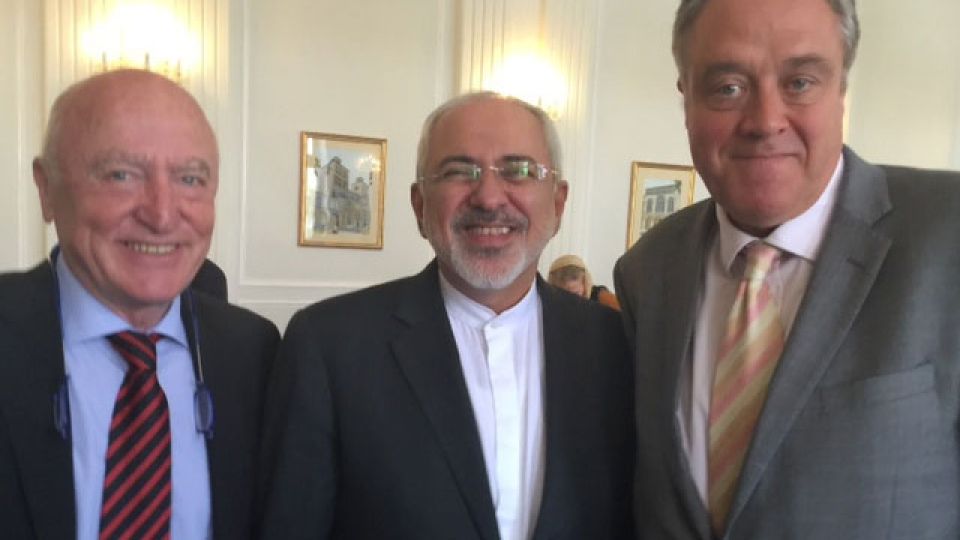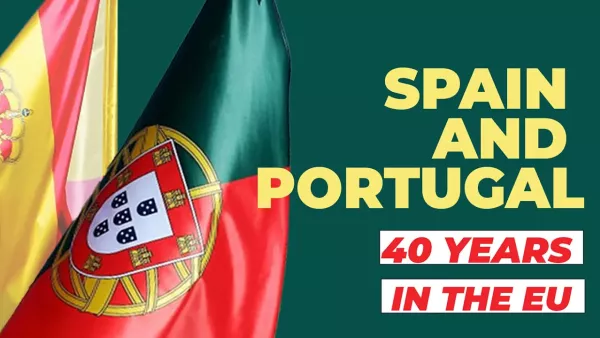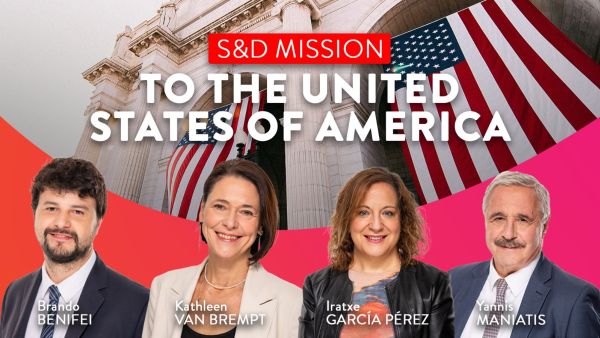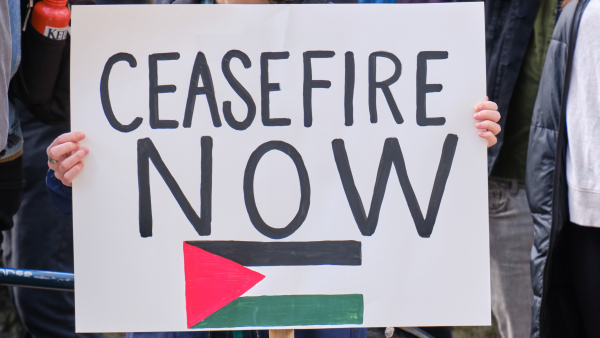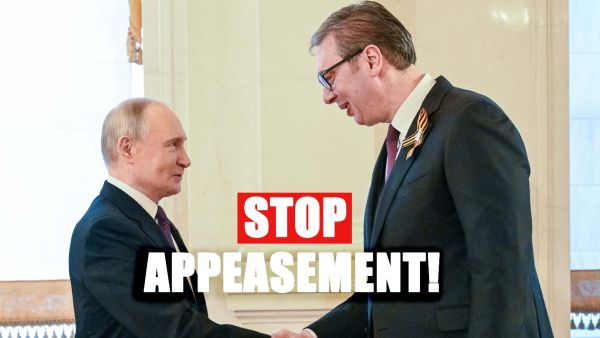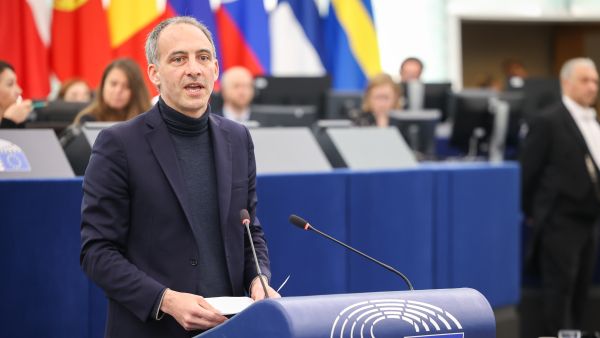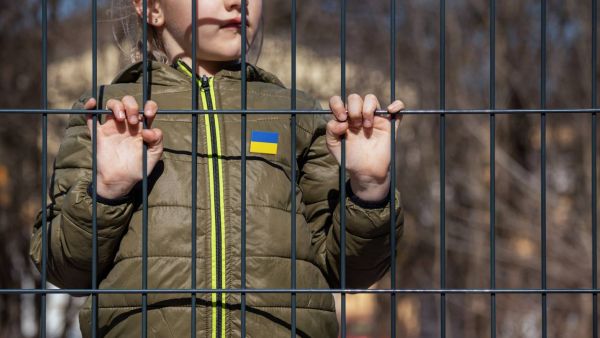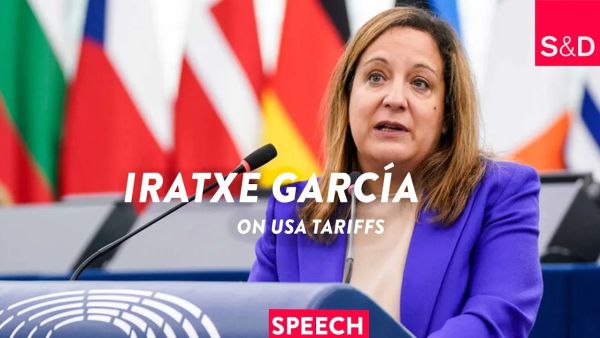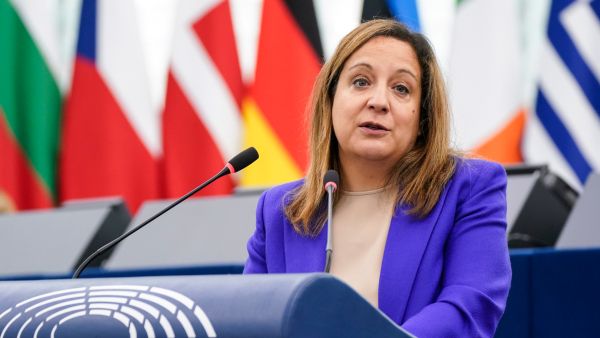The prospects for reaching an international comprehensive nuclear agreement with Iran by the end-of-June final deadline remain 'difficult but absolutely possible' according to Socialist and Democrat members of a European confidence building delegation which is returning from two days of talks in Tehran today (Monday 8 June).
The European Parliament's delegation had 'remarkably informal and constructive discussions including in acknowledging longstanding areas of disagreement,' according to foreign affairs coordinator Richard Howitt and fellow S&D MEP Josef Weidenholzer who took part in the seven-strong European Parliament delegation.
The Socialist and Democrats Goup in the parliament, said the delegation had been careful not to get distracted by potential local disagreements over etiquette and press access to the talks, which could have played into the hands of opponents of the deal.
S&D members explained that the talks heard how Iran was moving towards agreeing extra confidence building measures equivalent to the 'Additional Protocol' of the Nuclear Non-Proliferation Treaty, of how Iran's own internal political timetable as well as that of the U.S. Congress gave an imperative towards reaching an agreement this month, as well as enabling them to impress Europe's sincerity on meeting its commitments towards the lifting of sanctions as long as the deal reached is fully enforceable to the satisfaction of both sides. Both sides agreed that the Lausanne agreement remains the only valid framework to reaching the final deal.
On human rights, the S&D members raised concern that a steep rise in use of the death penalty represents a possible conservative backlash against prospects of the nuclear deal, but elicited dates when outstanding invitations for visits by two UN thematic human rights rapporteurs will be honoured.
The delegation held detailed talks on conflicts in Iraq, Syria and Yemen, and looked forward to a full resumption of the EU-Iran political dialogue and the opening of an EU embassy in Tehran, if the nuclear deal is reached.
Richard Howitt MEP, S&D Group's foreign affairs coordinator said:
"The differences between conservatives and reformers we met were evident, but our impression was that an emerging nuclear deal enjoys broad support across the political spectrum and society in Iran. It was gratifying how the talks were remarkably more informal and constructive with all interests compared to previous attempts, including in acknowledging longstanding areas of disagreement.
"The prospects for reaching a deal supported by all factions appear difficult but absolutely possible, but it was clear that political credit for any deal could be decisive on whether the Moderates are victorious in the country's own parliamentary elections next year.
"Our delegation was invited to demonstrate Europe's sincerity in meeting our own commitments should a fully enforceable deal be struck to the satisfaction of both sides, and it was important that we learnt from past experiences that disagreements in a number of areas should not prevent us from discussing them in a constructive and respectful manner."
S&D MEP Josef Weidenholzer added:
"The talks confirmed that both sides share common interests, such as fighting DAESH/ISIL and the spread of associated extremist ideology. A successful deal that would guarantee an exclusively peaceful nature of Iran's nuclear program would facilitate cooperation in tackling threats to the stability and security of the Middle East and Afghanistan/Pakistan.
"It would also unleash the full potential of EU-Iran relations in such areas as trade and diversification of Europe's energy supplies and environment, among others. Given its long-standing historical, cultural and trade ties with Iran, Europe must assume leadership in securing the final deal. In the long run, a more open Iran would also create better conditions for the respect of human rights; the situation in which Iran remains a key concern for European public opinion."

